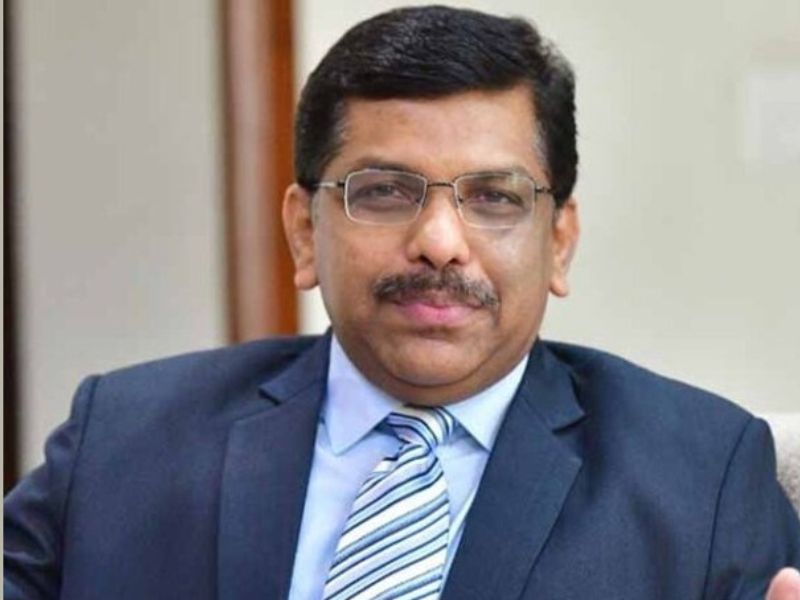In the World Bank’s Ease of Doing Business Report 2013, India is ranked 132nd in the 185-nation index. Despite this, while presenting the Union Budget 2013-14, the finance minister emphasised that the prerequisite of “restarting India’s growth engine is to attract more investment, both from domestic investors and foreign investors’’. “Doing business in India must be seen as easy, friendly and mutually beneficial,’’ he informed Parliament and the nation.
Quite obviously this message wasn’t heard by bureaucrats in the Union human resource development (HRD) ministry and officials in the school education department of the Maharashtra state government. In early March, the department issued show-cause notices to two prominent private unaided schools in Mumbai for not terminating the contracts of their principals who according to the department’s officials, had crossed the age of retirement.
On March 3, the Anglo-Scottish Education Society, which runs the Cathedral and John Connon School (CJCS, estb. 1860) — a vintage high-profile school affiliated with the Council for Indian School Certificate Examinations (CISCE) and ranked third among India’s top day schools in the EducationWorld India School Rankings 2012 — received a letter from Balasaheb Mane, education officer (south Mumbai region), directing the society to terminate the contract of principal Meera Isaacs as she has crossed the official retirement age of 58 years.
According to Mane, s. 3 (I) of the Maharashtra Employees of Private Schools (Conditions of Service) Regulation Act (MEPS), 1977, mandates that all employees of private schools must retire after completion of 58 years. “The appointment of Mrs. Isaacs is against MEPS rules. The school management appointed her principal in 1996 when she was 50 but the management retained her as principal even though she is 66 years of age. This is a clear violation and so her appointment is invalid,” says Mane.
The reaction of private school managements to the sudden resurrection of this moribund legislation is of shock and disbelief. Their first line of defence is that the state education department’s jurisdiction is limited to state board schools. “We are an unaided, private minority institution run by a private trust and the MEPS Act is not applicable to us. My contract is only with the Anglo-Scottish Education Society. Our affiliating examination board CISCE doesn’t stipulate a retirement age. The education department doesn’t have jurisdiction,’’ says Isaacs.
Observers of the school education scene in Mumbai link the ministry’s sudden burst of activism on this front to an RTI enquiry — filed by an obscure Mumbai-based NGO Buland Chhawa — against 39 private, non-state board schools in Mumbai for not adhering to retirement age norms. Earlier on January 14, a similar order was sent to the management of the vintage CISCE-affiliated St. Mary’s School, Mazgaon (estb. 1864), asking for removal of the school’s 68-year-old principal Fr. Kenneth Misquitta S.J.
The education ministry’s exaggerated concern about the orderly administration of the city’s top private schools — with national reputations and lengthy waiting lists — even as primary-secondaries run by the Brihan Mumbai Municipal Corporation are in disarray and experiencing a steady exodus to fees-levying private schools, is attracting sarcastic comment as well as considerable speculation.
The consensus of opinion within educationists in Mumbai is that Isaacs and Misquitta are being targeted by disgruntled politicians and busybody social activists for refusing to bend school rules to admit children of politicians and bureaucrats into their schools, in which preferential admission is given to children of alumni and siblings of students already admitted. “The excellent principals of these reputed schools are very particular about maintaining reasonable teacher-pupil ratios in their classrooms. Hence they’ve consistently resisted the threats and inducements of the state’s overweening politicos, babus and nouveau riche businessmen. The notices under the MEPS Act — which is plainly unconstitutional and will be struck down by the courts — is their revenge,’’ says a prominent city-based lawyer, with children in CJCS.
Moreover, it’s obvious that the state government’s education officials are blissfully unaware that there’s an acute nationwide shortage of experienced school principals. “A good principal is almost impossible to find and grooming teachers to ascend to the position takes time and veteran mentoring. Top-ranked private schools with national reputations can’t afford to appoint government school-type principals who are no better than clerks,’’ says Dr. Vinay Jain, promoter-director of the Witty group of institutions (estb. 2000) of two schools with an aggregate enrolment of 2,100 students in Mumbai.
Quite obviously education officials also seem to be unaware of the biblical injunction that those with beams in their own eyes shouldn’t point out motes in others’ eyes.
Praveer Sinha (Mumbai)
























